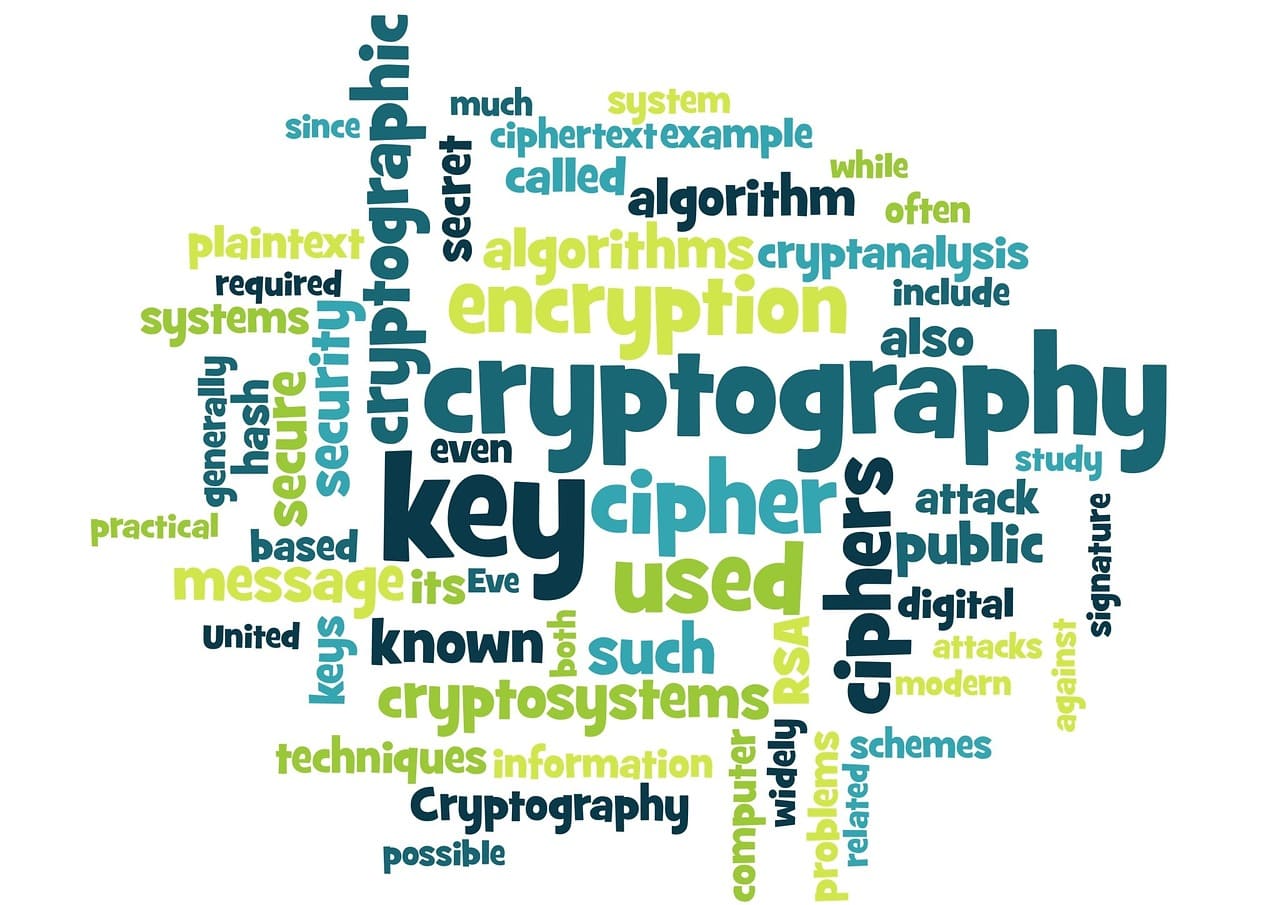Nowadays, information travels faster than the speed of light. Data is the new oil and data integrity has been compromised a lot. Businesses sank into chaos, because they had trusted rogue information, or because their sensitive data had been exposed and misused.
Facebook, Equifax, Adobe and the British Airways are just a few examples of businesses that had endured massive security breaches. And governments are not bulletproof as well. The Swedish Transport Agency was a subject to data security breach in 2017, with details of its military staff, vehicles, defence and contingency planning suggestively leaked out as well. Almost 200 million U.S. voters were exposed as their personal data leaked out, just five years ago.
And whereas big companies and governments have a greater chance to survive if such a calamity backfires, for small businesses, startups and unstable governments, data security breaches can be lethal.
Furthermore, data protection is not just a matter of survival, it is a stepping-stone to progress and prosperity. According to a recent study by the KPMG, 56 percent of the interviewed CEOs say they are concerned about the integrity of the data they are using for decision-making. And it is no news that if you make a wrong decision due to the lack of accurate information, that could seriously weaken your organization and you could lose trust and credibility among investors, partners and customers.
Blockchains and DLT as tools to protect and verify data
As the hype over blockchain has been mitigated, many stakeholders are now harnessing the real potential of this technology. ReCheck is an expert on how businesses and end users can leverage blockchain-based solutions, and thus we want to share with you why implementing these can turn your organization around.
Protection via person-to-person encryption
Trillions of data flows untracked. Then, it is usually stored on the cloud without much protection. We live in an era where privacy is so vulnerable. Surely, there are laws like the GDPR that require stakeholders to protect consumer data, but what can be the real value of such legislation when there are no tools and mechanisms that allow for the consumers to decide what is done with their data on a granular level?
Side-server encryption gives you some level of protection and assurance that your data can be only accessed by you. However, you are basically at the mercy of those big providers who can actually read all of your personal information. Your data is encrypted once you upload it to the cloud, and so data can be read by the storage provider. It stays vulnerable as far as outside hacks are concerned.

Incorporating a blockchain solution, you can be sure that there will be no unwelcome access to your information, as immutable proofs of all activity are recorded on the blockchain. Go from zero privacy to zero-knowledge policy. Even if there is a security breach, if data leaks out, it will be encrypted.
Verification of Data Authenticity
Now that new data is being produced at a wild pace, it can easily overwhelm us. It is not that we have to manage data securely, we also need to make sure we keep data integrity intact and last but not least make authenticity easily verifiable.
If we do not provide our partners and consumers the opportunity to effortlessly and independently verify and validate the accuracy of information we share, that can result in lessening the trust in our product or service.
Verification of data integrity is a no brainer when it is recorded on the blockchain. You will have timestamped copies of each transaction with each piece of data. Through data fingerprints and timestamps, blockchains empower people to make decisions based on accurate and authentic data.
The Good Notary
At the core of it, blockchain technology works a lot like a notary public. It basically records data that cannot be later fabricated or deleted. Blockchains store digital proofs as evidence that a certain transaction has occurred.
Many businesses would rather pass up collaborative projects and endeavors, because naturally they are afraid of losing their competitive edge. Utilizing a data-sharing service that supports secure and fair information transmission is one way to jump in collaborations without the fear that someone will take advantage of your data.
Benefits to Utilizing Blockchain-based solutions
- Digital proofs that are accepted in court – with the eIDAS, the EU laid down the foundations and a predictable legal framework for people, companies and public administrations to safely access to services and do transactions online with a simple click. And as the eIDAS recognizes digital signatures, judges in the EU will not be able to dismiss court evidence just because they are in a digital form. Judges will have to assess the probative value of the evidence per case.
- Strengthen trust among consumers and business partners. Creating a secure environment to share data transparently with your clients and associates will only improve your relationships. If stakeholders can verify information in a neutral environment, that will lead to increased trust and loyalty.
- Higher productivity and revenue – when your data is securely protected and document flow is optimized, that will boost employee performance. Your team will be more productive and your processes more efficient, so you will be able to achieve more with less resources.
- Better monitoring – audit trails are important to running a successful business. You have to comply with government regulations and make sure that data integrity is intact at all times. Having a full control over who, when, how and why accesses and uses particular data in real time will enable you to make the right decision on time.





